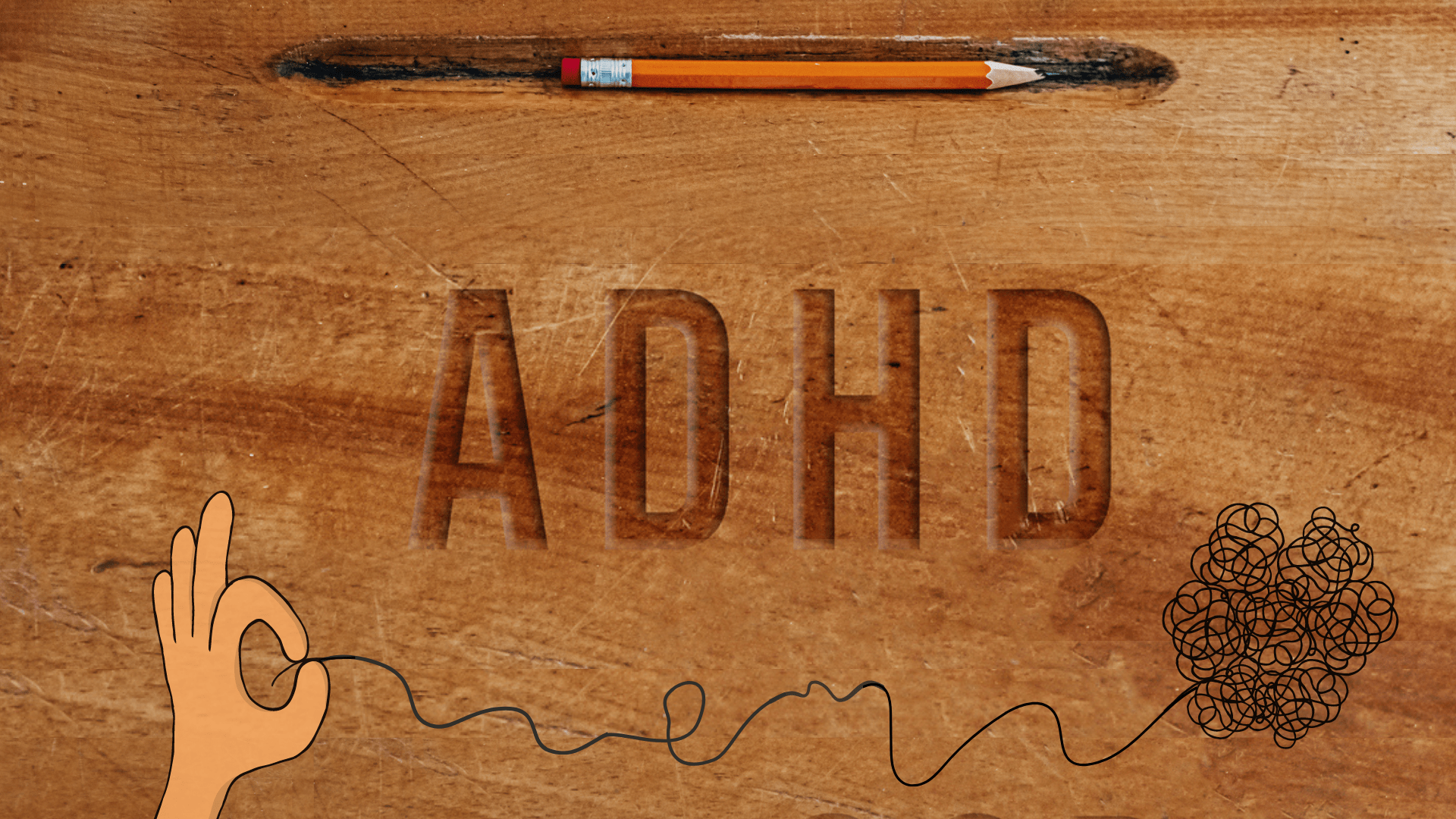Attention-deficit hyperactivity disorder (ADHD) is diagnosed in about one in ten adolescents (and fewer young children), yet many cases go unnoticed for years and remain undiagnosed and untreated. It is those cases that are at the most risk of developing substance abuse issues later in life. In many cases, teens with ADHD who began using drugs were not looking to get high – instead, they sought drugs to combat the symptoms of an untreated disorder.
While the treatments for ADHD rely on controlled and addictive substances (amphetamine and methylphenidate), research also shows that teens with ADHD who are treated early and routinely take prescribed ADHD medication are much less likely to struggle with drug use later in life.
For reasons not yet completely understood, there is a strong link between ADHD and drug abuse, with potential factors including genetic proclivity, unrecognized ADHD symptoms, how they respond to self-medication, and the link between drug-seeking behavior and risk-taking novelty-seeking behavior linked to ADHD diagnoses. Either way, ADHD often co-occurs with addiction, and concurrent treatment through a holistic, multimodal approach is often necessary.
The Link Between ADHD and Substance Abuse
Adult alcoholics are five to ten times more likely to have undiagnosed ADHD than the general public. Among adults being treated for addiction, about a quarter have been diagnosed with ADHD. Among teens, some studies note that as many as 40 percent of teens with ADHD start drinking at an early age, versus 22 percent of teens without ADHD. Among young adults, the likelihood of using alcohol evened out – but those with ADHD were more likely to use alcohol excessively.
The two major factors researchers take into consideration are behavior and genetics. Both alcoholism and ADHD can be hereditary, and there is an increased rate of addiction in close relatives of people with an ADHD diagnosis. The impulsive, novelty-seeking behavior associated with ADHD may make some teens more likely to try or overindulge drugs than others. While ADHD medication itself is addictive in large doses, most cases of ADHD-related addiction are not because of the medication.
Instead, teens diagnosed and treated with ADHD meds early were less likely to struggle with drug use later. However, that does not mean these drugs are not dangerous for teens without ADHD symptoms. It seems amphetamines and methylphenidate work differently in the brains of teens with ADHD and those without. In other words, addiction to alcohol and other drugs is linked to ADHD, not to ADHD medication.
Recognizing ADHD in Teens
ADHD is a condition with multiple subtypes, and a correct diagnosis can only be achieved through mental healthcare professional. But knowing what to look for in yourself or a loved one can help you make the important decision of seeking a professional diagnosis. Common signs of ADHD in teens include:
-
- Trouble finishing tasks.
- Mood swings and emotionality.
- Difficulties with executive functions.
- Lack of focus, chronic distractibility.
- Poor decision making, impulsiveness.
- Hyperactivity, often presented through fidgeting movements.
- May have one or more hobbies where they excel – everything else feels impossible to concentrate on.
ADHD is not just easily excitable, somewhat hyperactive, or scatterbrained. Children and teens with ADHD are often all over the place, cannot sit still, are easily consumed by boredom (even when everyone else is engaged), and are incredibly prone to risk-taking and dangerous, self-destructive behavior. Their executive dysfunction has often advanced to the point that it leads to chaos in their daily lives, including:
-
- At school
- At home
- With friends
- In relationships
- And more
Teens with ADHD develop slower than their peers when it comes to time management and metacognition, and many undiagnosed cases of ADHD are unfairly labeled as lazy or just plain difficult.
Treating ADHD and Substance Abuse in Teens
Drug addiction with a concurrent mental health issue is often known as a dual diagnosis. Treating the dual diagnosis of ADHD and substance abuse requires a holistic approach because the two conditions are heavily entwined. There are neurological and psychological considerations during both heavy use and total withdrawal and their effect on the efficacy of a targeted treatment plan. Comprehensive dual diagnosis treatment often takes on the form of an inpatient or outpatient program with:
-
- Multiple talk therapy methods to address and modify destructive thoughts and habits.
- Skill-building to help identify and improve upon alternative coping mechanisms.
- A consistent medication plan.
- Group therapy to help patients become part of a larger support network and benefit from shared experiences.
- The incorporation of friends and family as crucial elements in on-going, long-term treatment, long after the end of the initial treatment period.
ADHD is a condition that requires a combination of behavior-modifying therapy and medication. Teens with ADHD often cannot just learn to overcome their nature – they are inherently struggling with an atypical brain structure. Their addiction is often the result of numerous attempts to cope with these abnormalities and the problems they bring to the table during day-to-day activities. Addressing both concurrently means providing ample treatment for ADHD while arming the patient with the means to recognize, address, and avoid signs of recurring drug abuse.
Long-Term Treatment and Consistent Support
In some cases, the most important skill is knowing when to call for help and recognizing – and embracing – the importance of support networks when self-motivation is not enough. Coping with ADHD itself can be difficult – coping with addiction on top of that is even harder. The journey towards a fully functional and healthy life is a long one for many teens, and it cannot be walked alone.
The role of a friend or family member is not the same as that of a therapist or doctor, but it remains crucial, especially in the long-term. These conditions are not treated over the course of several weeks but instead require consistent effort over the years and a commitment towards alternative coping mechanisms and the lessons of therapy. It is also a loved one’s job to recognize when family support is not enough and when it is important to seek professional help once again.








